Developing Your Unique Writing Voice

Dear Michelle,
I still remember when my brother came home from school one day with that orangey-brown book and I knew from the get-go I wanted to read it too. I think that must have been in 2009/10. We both devoured the whole Chronicles of Ancient Darkness series, returning each day with another coloured book to the point where our mam also ended up reading all the books!
Last year I had my whole backpack stolen from my car while on holiday including my kindle. When I got a replacement, I saw recommended your trio of new books and can confidently say I’ve enjoyed your writing as much at 25 as I did at 9 or 10.
I’ve been working on my own fiction in recent years, and although it’s set somewhat later in history in the Viking Age, your unique “wolfey” descriptions have shaped and inspired me in many ways. My question would be to ask how you developed such a unique writing style? How long, and how did you find your writing voice? And did all the publishers you approach understand it or like it at first?
I’ve asked three questions not one, but mostly just wanted to say thank you for all the wonderful books from my family to you. Tige tank!
Wishing you all the very best from Aotearoa New Zealand,
Hilbert
Dear Hilbert, I so enjoyed hearing about how you came to read the Wolf Brother stories as a child, and I’m delighted that as an adult, you still like my writing – although I do feel for you in the loss of your backpack! I was also fascinated to hear that your own writing is set in the Viking Age. It’s such a rich, strong period, so vital and adventurous; and the sagas have an abundance of great characters. When I was learning to write novels, I set one two of my early, unpublished ones in that period. One of them was a sort of prototype Wolf Brother; it included a passage from a wolf’s point of view, and was set in ninth century Norway.
Turning to your questions: the first two I’ll answer together, because to me one’s voice and one’s style can’t really be separated. And my answer is that in general, they simply come during the course of one’s writing. Of course like everyone else I’ve been influenced by the books I’ve read, and by writers I admire; and at times, when the story has demanded it, I’ve consciously tried to adopt certain stylistic features, such as shorter sentences and/or paragraphs. But I learnt early on that if I tried to “write like” someone I admired, or adopt certain features of their style, it simply didn’t work, and my own voice soon re-emerged. In other words, I think your voice is essentially part of your character. It’s who you are, so it will emerge naturally, the more you write. I don’t think you have to do anything about it consciously.
Finally, you asked whether all publishers I approached understood or liked my voice. Well, none of them actually mentioned it, and although one or two said a few nice words about my style, I met with nothing but rejection for years while I was starting out. Even when I’d published several adult novels, and sent out the first few chapters of what would become Wolf Brother, I got a few rejections: “it’s not right for our lists”, that sort of thing. I hope that’s not discouraging, and it certainly isn’t meant to be. It’s just how life is for most writers when they are starting out; and it certainly was for me. The important thing is to keep writing. If you give up, you will never see your books on the shelves – whereas if you find a way to pick yourself up off the floor after each rejection and carry on, you have a chance of getting published.
So onwards and upwards, Hilbert. I hope you find plenty of Norse resonances in the marvellous New Zealand landscapes, particularly the mountains, the forests and the fjords – and I wish you the very best of luck with your writing.
May the guardian run with you!
Michelle
Upcoming Live Events With Michelle
Incredible… Inspiring… In Person!
Oxford Literary Festival 2026
The Oxford Literary Festival takes place in venues across central Oxford, such as Blackwell's bookshop, the Bodleian Library, the Sheldonian Theatre, the Weston Library, and Oxford colleges such as Christ Church and Worcester College. The festival includes international authors, journalists, intellectuals, historians, and poets.

